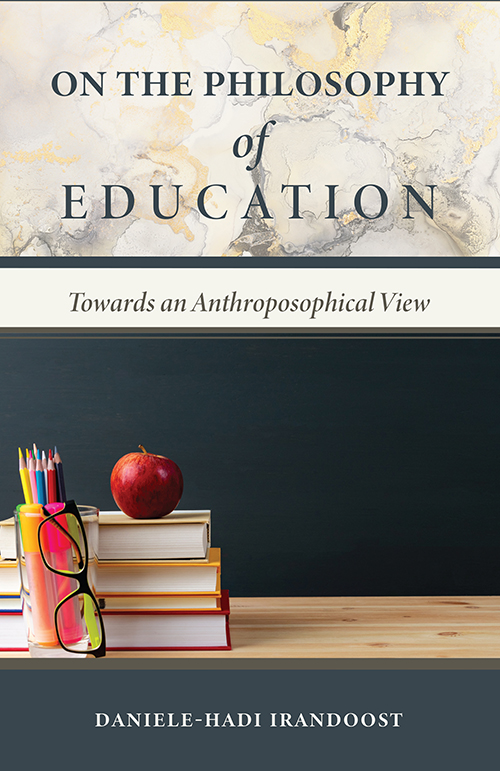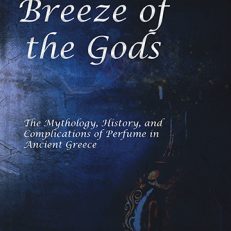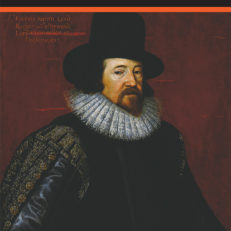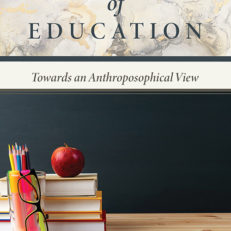Description
The Philosophy of Education emerged as an academic discipline in the 20th century. However, unlike other branches of philosophy, education can have a profound impact on the structure of society and culture. Moreover, education is a primary concern for all countries, irrespective of their political ideology. Therefore, any valid philosophy of education has to analyse specific pedagogical practices, including learning processes and how these are influenced by social, political, and psychological factors.
The pursuit of a coherent philosophy of education unites both the right and left, educational psychologists, historians, and authors. Indeed, from Plato to William Godwin, from Freud to Rudolf Steiner, the origins of this enterprise have permeated deep into our culture. However, apart from one or two shining examples to the contrary, we’re taught that human beings are selfish and governed by private interests from kindergarten onwards.
Waldorf education and Anthroposophy stand in direct opposition to this outdated view, which is why Daniele-Hadi Irandoost surveys the different means and methods of education before hinting that only those types of tuition which embrace a positive outlook will eventually deliver us into the promised land of a proudly humanitarian worldview.
This groundbreaking and innovative book is a must-read for anyone genuinely interested in teaching, the education of our children, and the future trajectory of learning procedures as a whole. Readers of philosophy will gain insights into key ancient and contemporary thinkers — such as Rousseau, Kant, Foucault, and Andy Clark — while others will be introduced to the topic from broader perspectives found in anarchism, language, psychology, rights, and feminism.
Undoubtedly, all of the above considered, it is time for a new perspective of our nature as human beings.







